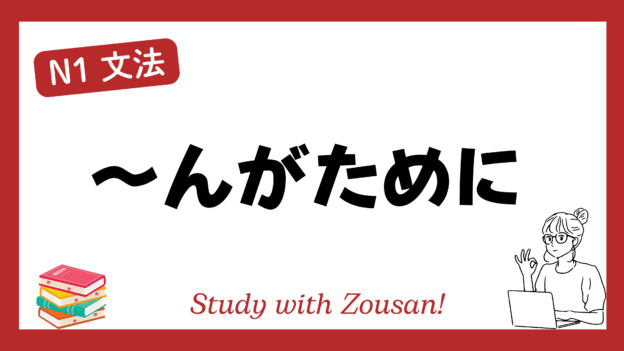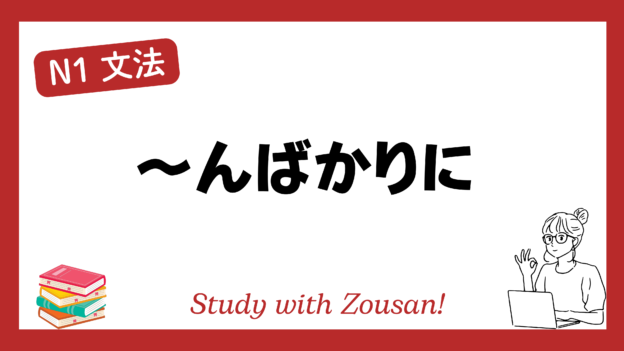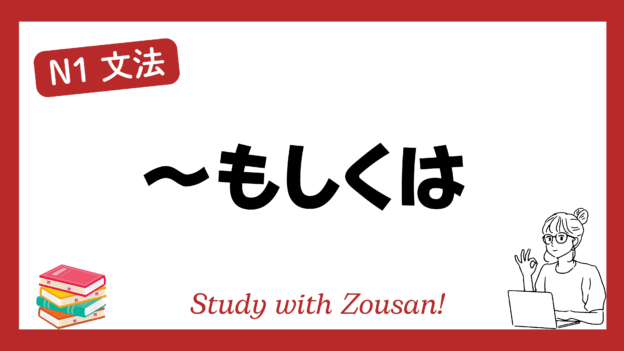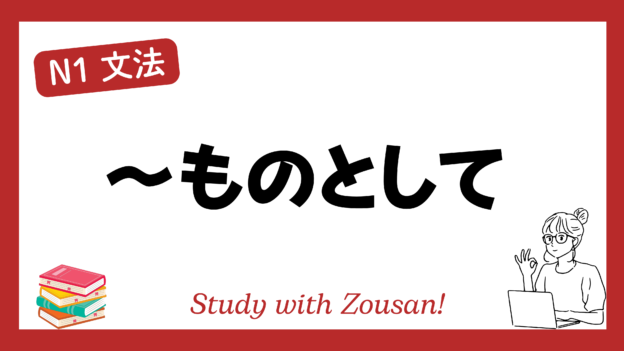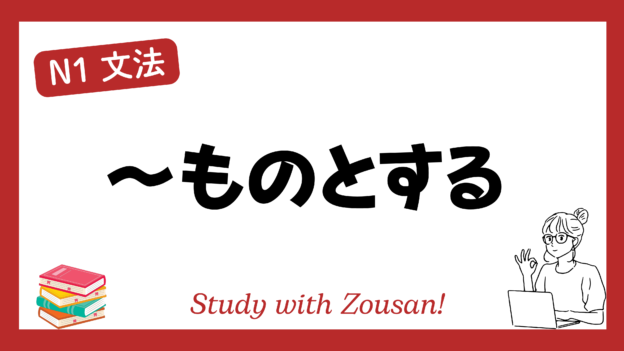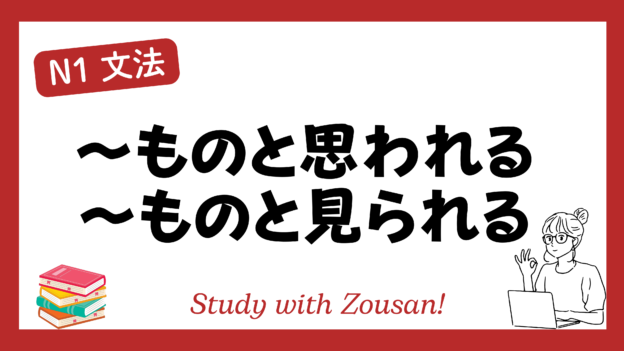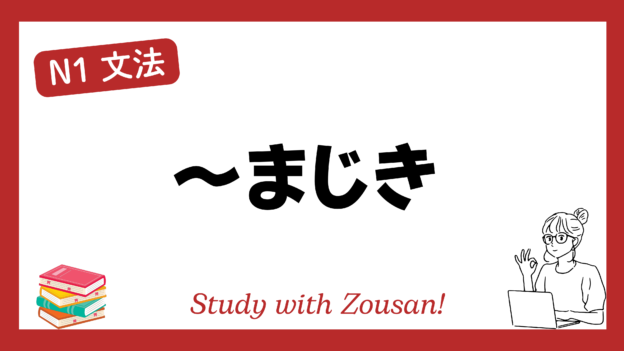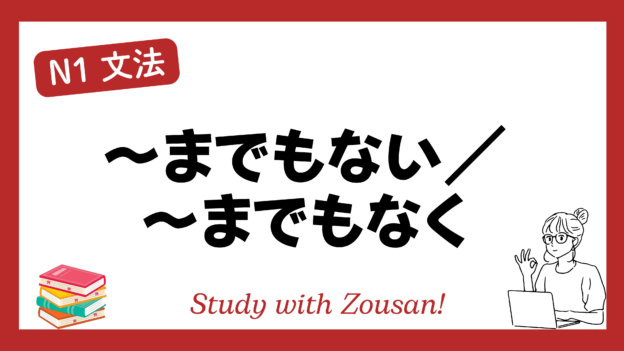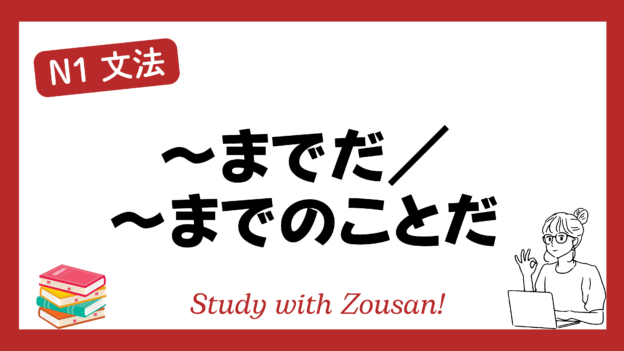Meaning: “In order to…”, “With the intention of…”
This structure is used to express a strong purpose or determination to achieve something. It indicates that the action is being taken with the goal of accomplishing a specific objective. This expression is formal and emphasizes the seriousness or importance of the intention.
※Note: “~んがために” is a formal and literary phrase, used to describe a determined effort or purpose.
Structure:
| Verb (ない root) |
+ んがため(に) + んがための + Noun |
| ※Exception : しない -> せん | |
Example:
-
-
-
🌟 彼は夢を実現せんがために、一生懸命働いている。
(かれ は ゆめ を じつげん せんが ために、いっしょうけんめい はたらいている。)
He is working hard in order to achieve his dream. -
🌟 成功せんがために、彼は全力を尽くしている。
(せいこう せんが ために、かれ は ぜんりょく を つくしている。)
He is giving his all in order to succeed. -
🌟 世界を変えんがために、彼女は政治家になった。
(せかい を かえんが ために、かのじょ は せいじか に なった。)
She became a politician to change the world. -
🌟 家族を守らんがために、彼は危険な仕事を選んだ。
(かぞく を まもらんが ために、かれ は きけん な しごと を えらんだ。)
He chose a dangerous job in order to protect his family. -
🌟 試験に合格せんがために、彼女は一生懸命勉強している。
(しけん に ごうかく せんが ために、かのじょ は いっしょうけんめい べんきょう している。)
She is studying hard to pass the exam. -
🌟 会社を救わんがために、社長はすべてを賭けた。
(かいしゃ を すくわんが ために、しゃちょう は すべて を かけた。)
The president risked everything to save the company. -
🌟 彼は名声を得んがために、あらゆる手段を使った。
(かれ は めいせい を えんが ために、あらゆる しゅだん を つかった。)
He used every means to gain fame. -
🌟 自分の信念を守らんがために、彼は強く立ち上がった。
(じぶん の しんねん を まもらんが ために、かれ は つよく たちあがった。)
He stood up strong to protect his beliefs. -
🌟 彼女は真実を明らかにせんがために、証拠を探した。
(かのじょ は しんじつ を あきらか に せんが ために、しょうこ を さがした。)
She searched for evidence to reveal the truth. -
🌟 彼らは自由を手に入れんがために、戦った。
(かれら は じゆう を て に いれんが ために、たたかった。)
They fought in order to gain freedom.
-
-


